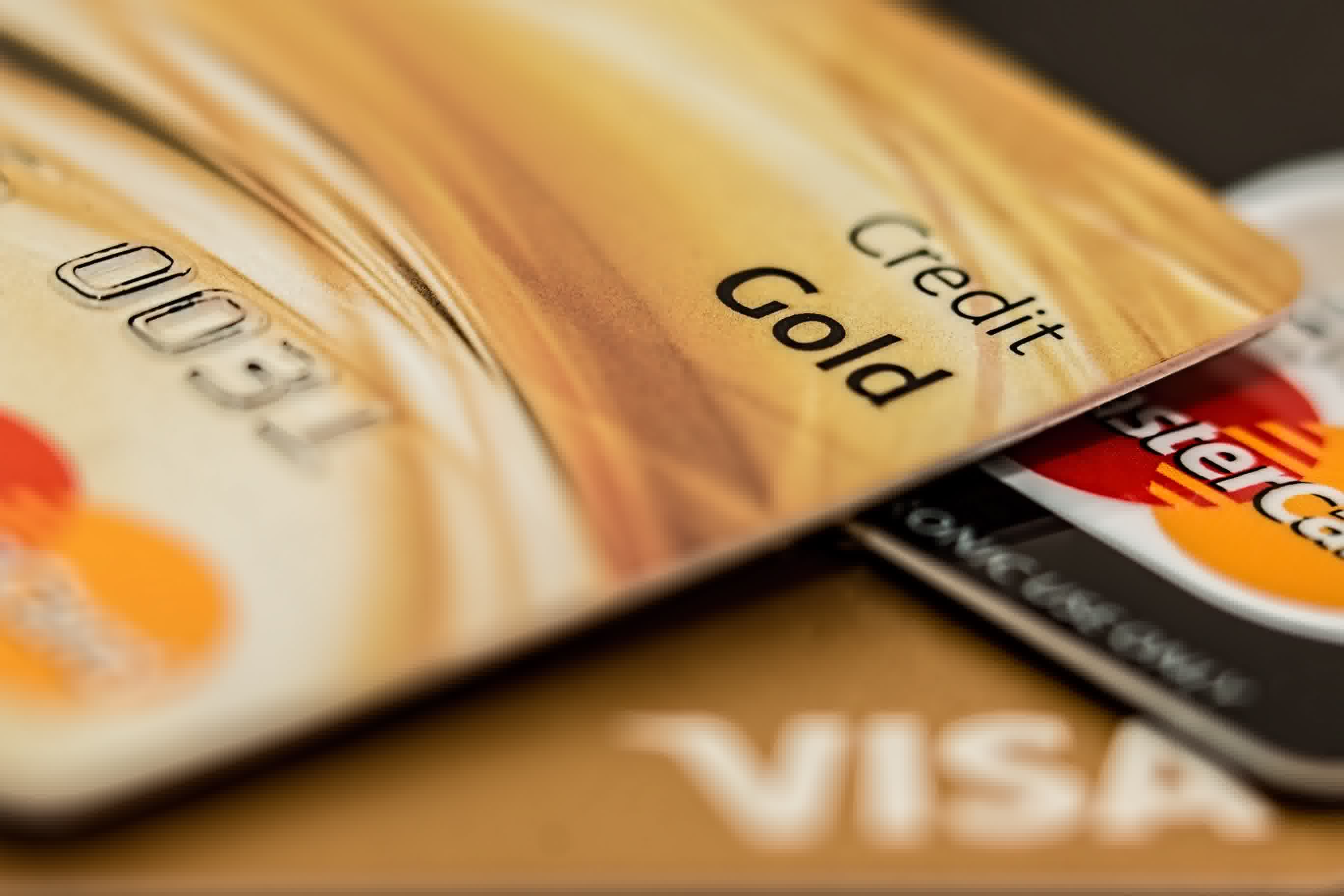Understanding Credit Cards
Understanding Credit Cards

Credit cards have become synonymous with convenience. They eliminate the need to carry cash around and to buy things online. Like anything financial, credit cards come with both rewards and risks. Understanding these helps us use them smartly.
How do Credit Cards Work?
The basic idea is that when we make a purchase using a credit card, the credit card company pays the merchant on our behalf, with the assurance that we will later pay the credit card company. For this convenience, the credit card company charges the merchant a small fee for every transaction, and also charges the buyer (us) an interest if we don't pay back within a short time.
As we use the credit card more and more and consistently pay off the balances in time, the limit on our credit card increases, allowing us to spend more, thus also benefiting the credit card company.
Benefits
There are several benefits for having a credit card:
- As mentioned earlier, credit cards eliminate the need to carry cash. This is especially convenient for large purchases.
- We can use credit cards in most places, since the majority of businesses accept them.
- Credit cards allow us to participate in online buying. In fact, most online businesses don't take cash and thus make credit cards mandatory.
- When traveling abroad, using a credit card eliminates the need get any local money. (It is a good idea to check before doing this. Depending on the exchange fee/commission added on by the merchant, this may or may not be very efficient.)
- It is easier to deal with a stolen credit card than with stolen cash. A call to the credit card company can stop payment on the credit card for any fraudulent purchases.
- When in a pinch, we can borrow money (get a cash advance) for short-term use against our credit cards.
- Many credit cards have reward programs. These get us gifts, travel benefits, or just cash back.
- Credit cards allow us to demonstrate our credit-worthiness and to increase our credit scores. This is hugely beneficial when we want to borrow money.
- Paying using credit card has the side effect of the credit card company providing us with a monthly record of our expenditure. Some credit card companies even provide an annual record with expenses grouped by type (food, travel, etc.)
- Several credit card companies provide insurance and fraud protection for purchases made using their credit cards.
- Similarly, credit cards often provide some insurance coverage when renting a car.
Risks
Credit cards do have some risks as well:
- The interest rates on unpaid credit card debt are usually very high. This causes unpaid balances to balloon really quickly.
- The ease of using credit cards could encourage sloppy and undisciplined spending habits with potentially drastic results later on.
- Too much credit card debt could lower our credit-worthiness scores and make it difficult to borrow in the future.
Understanding Credit Scores
A credit score is essentially an indicator of our ability to repay a loan. It tells lenders whether it is risky to lend money to us, and if so, to what degree.
As credit cards are in fact very short-term (month-long) loan providers, credit card usage influences our credit scores. Here are a few ways this happens (this is not a complete list):
- The more cards we have, the poorer the score: this is because, more cards allow us to potentially spend more, and thus there is a bigger chance that we may not be able to pay the balance in time.
- At the same time, the higher the credit limit the better the score. This is because a higher limit indicates that the credit card company is confident that we'll make the payment in time.
- The portion of the credit card limit we actually use is called credit utilization. The smaller our credit utilization, the better our score.
- The more number of times we pay our balance in full without incurring any interest, the better our score.
- How long we've had credit cards and paid off the balance in full influences our score. The longer we've done this the better our score is, as it obviously indicates our ability to stay responsible and fiscally disciplined.
Keep in mind that credit card usage is not the only thing that affects our credit scores. Credit scores are complex things, influenced by various factors such as our loans, spending patterns, debt, and even things like unpaid parking tickets.
Using Credit Cards Efficiently
Based on what we know about how credit cards work, here are some tips on maximizing their benefits:
- Do not be afraid of using credit cards. Use them to make purchases within the allowed limit. Responsible use of credit cards increases our credit-worthiness.
- It is best to pay off fully every month. When we do this, not only do our credit-worthiness increases, but we also stay immune to the credit card's interest rate, which kicks in only when we have unpaid balances.
- Keep the number of credit cards to a small number. Too many credit cards become both unmanageable and also worsen our credit scores.
- Shop around for good credit card deals that have low interest rates and/or offer perks like loyalty rewards.
Summary
We learned about the benefits and risks of using credit cards. One of the risks of using credit cards is unpaid balances, which could cause our debt to grow quickly. The article Reducing Debt discusses a few debt-reduction techniques.